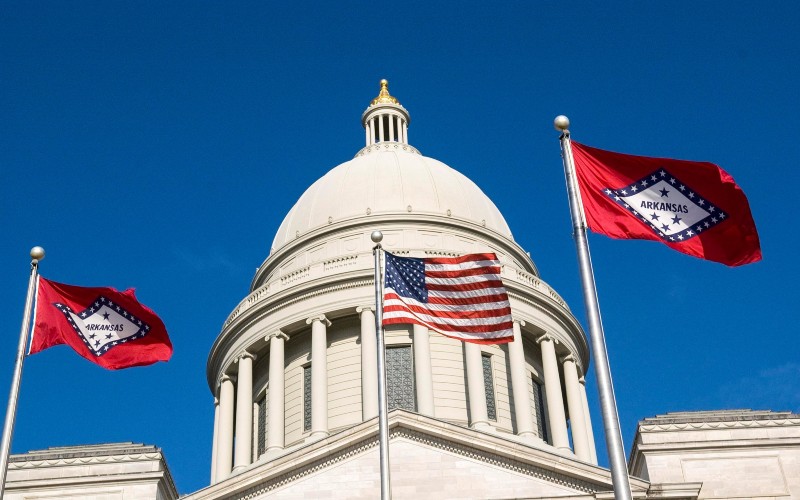
With the recent release of thousands of hours of previously unseen video footage from that day, the public is getting a second look at the so-called "insurrection" two years ago. Ellis, a former attorney for then-President Donald Trump, was asked about legal liabilities for prosecutors withholding exculpatory evidence:
"Apparently, according to some reports, the defense attorneys for some of the J6 defendants – including the so-called QAnon Shaman, Jacob Chansley – have said that they didn't see a lot of this footage. Of course, the Left is coming back and saying, 'Well, we saw the footage of when people were destroying parts of the Capitol and they were coming in, breaking in, and committing various sorts of illegal conduct.'
"And that is one thing – but the Supreme Court case Brady v. Maryland* requires that in the context of a criminal prosecution, the government is obligated … to give over any exculpatory or even potential evidence that even tends to exonerate the defendant. And when that doesn't happen, then there are impacts to the potential conviction, there can be impacts to the plea, and there can be sanctions for those lawyers.
|
"This is about our justice system being so compromised. The very integrity and core of that which we wore as a badge of honor for the entirety of our nation's history has been rendered a vile, disgusting mess by a Department of Justice that was running amok. "They didn't share … the footage from my client with nine officers surrounding him peacefully, wandering about, trying to help him, trying to get him access to the Senate chamber. They didn't [share that footage] because it didn't fit their narrative." Albert Watkins |
"Now in this instance, it's interesting because there is a separation of powers argument that apparently was actually litigated over this when the defense attorneys couldn't initially see all of the footage – and basically that argument from the DOJ went 'Well, Congress is a separate branch of government. We can't compel them to turn it over to us, and since we don't have full possession of it, well, sorry, too bad.'
"My response to that is [this]: The government is still the government – so, whether this footage resides with Congress or with the DOJ, I would think that a reasonable judge would say 'Alright, DOJ, you go convince Congress to give it to you, otherwise you don't have a case' … or an ethical prosecutor would say 'If we know that potentially exculpatory evidence exists [and] Congress isn't willing to give it to us, we will at least delay the prosecution until we can get access to this footage.' They don't just recklessly run ahead with this and say 'Sorry, too bad.'
"So, I'm very interested to see what potential appeals and challenges are filed on this basis."
Ellis made her comments Thursday morning on her American Family Radio program.
Related comments by constitutional expert Jonathan Turley
Related op-ed by Columnist Ben Shapiro
* Editor's note: The primary holding in Brady v. Maryland is that the government's withholding of evidence that is material to the determination of either guilt or punishment of a criminal defendant violates the defendant's constitutional right to due process.







